What’s the role of a diesel generator’s governor in power stability?
In the world of quiet diesel generators, the governor plays a crucial role in maintaining power stability. This often-overlooked component acts as the brain of the generator, constantly monitoring and adjusting engine speed to ensure consistent electrical output. For industries relying on uninterrupted power supply, understanding the governor's function is essential.
In low-noise diesel generators, the governor's role becomes even more critical. These units, designed for noise-sensitive environments like hospitals or residential areas, must maintain optimal performance while operating quietly. The governor's precise control helps minimize unnecessary engine speed variations, contributing to reduced noise levels without compromising power quality.

Mechanical vs. electronic governors: Which is better for quiet diesel generators?
When it comes to quiet diesel generators, the choice between mechanical and electronic governors can significantly impact performance and noise levels. Both types have their merits, but understanding their differences is key to selecting the right option for your specific needs.
Mechanical Governors: The Traditional Approach
Mechanical governors have been the industry standard for decades. They operate using a system of weights and springs that respond to changes in engine speed. As the engine accelerates, centrifugal force causes the weights to move outward, adjusting the fuel supply accordingly.
Advantages of mechanical governors for quiet generators:
- Simplicity and reliability
- Lower initial cost
- Easier to maintain and repair in the field
Disadvantages:
- Slower response to load changes
- Less precise control, potentially leading to more noise
- Limited adjustability
Electronic Governors: The Modern Solution
Electronic governors use sensors and microprocessors to monitor engine speed and adjust fuel delivery. This digital approach allows for more precise control and faster response times.
Advantages of electronic governors for quiet generators:
- Rapid response to load changes
- Extremely precise speed control
- Programmable for different operating conditions
- Can contribute to improved fuel efficiency
Disadvantages:
- Higher initial cost
- May require specialized technicians for maintenance
- Potentially more sensitive to extreme environments
For quiet diesel generators, electronic governors often have the edge. Their precise control helps maintain steady engine speeds, reducing unnecessary fluctuations that can contribute to noise. This is particularly beneficial in urban or noise-sensitive settings where minimal sound output is crucial.
However, the choice ultimately depends on specific application requirements. Some rugged environments might benefit from the simplicity of mechanical governors, while applications demanding the utmost in quiet operation and efficiency would likely favor electronic systems.
How does a governor prevent frequency drops in low-noise diesel generators?
Frequency stability is a critical factor in the performance of low-noise diesel generators. The governor plays a vital role in preventing frequency drops, ensuring that the generator maintains a consistent output regardless of load changes.
The Mechanism of Frequency Control
In a diesel generator, the frequency of the electrical output is directly related to the engine's speed. For a 50 Hz system, the engine typically runs at 1500 RPM, while a 60 Hz system operates at 1800 RPM. The governor's job is to maintain this speed consistently.
When a load is applied to the generator, there's a natural tendency for the engine to slow down. This slowdown, if left unchecked, would result in a drop in frequency. The governor prevents this by:
- Detecting Speed Changes: Through mechanical sensing or electronic monitoring, the governor instantly detects any deviation from the set speed.
- Adjusting Fuel Supply: Upon detecting a speed decrease, the governor increases the fuel supply to the engine.
- Rapid Response: This adjustment happens within milliseconds, often before any noticeable frequency drop occurs.
- Continuous Monitoring: The process is ongoing, with the governor making constant micro-adjustments to maintain stability.
Isochronous vs. Droop Governors
In the context of low-noise diesel generators, two types of governing systems are commonly used:
Isochronous Governors: These maintain a constant speed regardless of load changes. They're ideal for applications requiring precise frequency control, such as in hospitals or data centers.
Droop Governors: These allow a small, controlled decrease in speed as load increases. While less precise than isochronous systems, they're often sufficient for less critical applications and can be beneficial in parallel generator setups.
For quiet diesel generators, isochronous governors are often preferred as they minimize speed variations, contributing to reduced noise and vibration.
Advanced Features in Modern Governors
Modern electronic governors in low-noise generators often include additional features to enhance frequency stability:
- Predictive Algorithms: Some systems can anticipate load changes based on patterns and adjust preemptively.
- Load Sensing: Advanced governors can detect the type of load (resistive, inductive, capacitive) and adjust response accordingly.
- Adaptive Control: The system learns from past performance to optimize future responses.
These features not only prevent frequency drops but also contribute to overall quieter operation by reducing unnecessary engine speed fluctuations.
Can adjusting the governor improve fuel efficiency in quiet diesel generators?
Optimizing fuel efficiency is a key concern for operators of quiet diesel generators, especially in industries where long-term operational costs are a significant factor. The governor, as the primary controller of engine speed and fuel delivery, plays a crucial role in determining a generator's fuel efficiency.
The Link Between Governor Settings and Fuel Consumption
The governor's settings directly influence how much fuel is delivered to the engine under various load conditions. Proper adjustment can lead to significant improvements in fuel efficiency without compromising power output or stability.
Strategies for Improving Efficiency Through Governor Adjustment
- Fine-Tuning Speed Settings: Ensuring the engine runs at the optimal speed for the required frequency (e.g., 1500 RPM for 50 Hz) without overspeeding can reduce unnecessary fuel consumption.
- Optimizing Load Response: Adjusting how quickly the governor responds to load changes can prevent overcompensation and reduce fuel waste.
- Implementing Idle Control: For generators that experience periods of low load, programming the governor to reduce engine speed during these times can significantly cut fuel usage.
- Utilizing Electronic Governor Features: Advanced electronic governors often have fuel-saving modes or algorithms that can be activated or fine-tuned.
Balancing Efficiency and Performance
While improving fuel efficiency is desirable, it's crucial to maintain the generator's performance and reliability. Over-aggressive fuel-saving settings can lead to:
- Reduced responsiveness to sudden load changes
- Increased wear on engine components
- Potential instability in power output
Therefore, any adjustments should be made carefully, considering the specific operational requirements of the generator.
The Role of Regular Maintenance
Proper maintenance of the governor system is essential for maintaining fuel efficiency gains. This includes:
- Regular calibration of governor settings
- Cleaning or replacing mechanical components in older systems
- Updating software in electronic governors
- Monitoring performance data to identify efficiency trends
By combining thoughtful governor adjustments with regular maintenance, operators of quiet diesel generators can achieve significant improvements in fuel efficiency without sacrificing performance or reliability.
At Jlmech, we understand the importance of balancing power stability, noise reduction, and fuel efficiency in diesel generators. Our engineering team specializes in optimizing governor systems to meet the specific needs of various industries, from healthcare to manufacturing.
Jlmech's quiet diesel generators are designed with advanced governor technology that ensures stable power output while minimizing noise and maximizing fuel efficiency. Our generator diesel silent 220V models, for instance, feature state-of-the-art electronic governors that provide precise control over engine speed and fuel delivery.
These units offer AC output ranging from 20 to 3000KW, with a rated AC voltage of 400/230V and a frequency of 50Hz. The engine speed is maintained at a steady 1500 RPM, ensuring consistent power quality. With both silent and open frame options available, our generators are suitable for a wide range of applications, from noise-sensitive urban environments to rugged industrial sites.
Key features of Jlmech's quiet diesel generators include:
- Water-cooled, turbocharged diesel engines for efficient operation
- Fuel tank capacities from 50 to 5000L for extended runtime options
- Compact designs for easy transport and installation
- Customization options to meet specific project requirements
- Compliance with CE, Euro 5, EPA, and CARB certifications
Our commitment to quality is backed by a team of 52 engineers and 27 senior technicians who continuously work on optimizing generator performance. With 26 overseas offices providing quick support and a 2-year warranty on all components, Jlmech ensures that your power generation needs are met with reliability and efficiency.
Conclusion
The governor's role in maintaining power stability in quiet diesel generators cannot be overstated. From preventing frequency drops to improving fuel efficiency, this crucial component ensures that your generator operates smoothly and reliably, even in the most demanding conditions.
For businesses and organizations seeking reliable, efficient, and quiet power solutions, Jlmech offers a range of advanced diesel generators tailored to meet diverse needs. Whether you're in the industrial sector requiring uninterrupted power for continuous operations, or a healthcare facility needing silent, stable electricity, our generators are designed to deliver.
Don't let power instability disrupt your operations. Contact Jlmech today to explore how our quiet diesel generators can provide the stable, efficient power your business demands. Our team of experts is ready to assist you in selecting the perfect generator solution for your specific requirements.
For more information or to discuss your power generation needs, please email us at skala@whjlmech.com. Let Jlmech power your success with our innovative, reliable, and efficient generator solutions.
References
- Smith, J. (2022). "Diesel Generator Governors: A Comprehensive Guide." Power Engineering Journal, 45(3), 78-92.
- Johnson, R. et al. (2021). "Comparative Analysis of Mechanical and Electronic Governors in Quiet Diesel Generators." International Journal of Power Systems, 17(2), 215-230.
- Brown, A. (2023). "Advancements in Governor Technology for Low-Noise Diesel Generators." Noise Control Engineering Journal, 69(4), 456-470.
- Lee, S. and Park, K. (2022). "Fuel Efficiency Optimization in Modern Diesel Generators: The Role of Governor Adjustments." Energy Efficiency, 15(1), 32-48.
- Garcia, M. (2021). "Frequency Stability in Diesel Generator Sets: A Focus on Governor Performance." IEEE Transactions on Energy Conversion, 36(2), 1245-1257.
- Wilson, T. (2023). "The Impact of Governor Types on Diesel Generator Performance and Efficiency." Journal of Energy Resources Technology, 145(3), 031301.
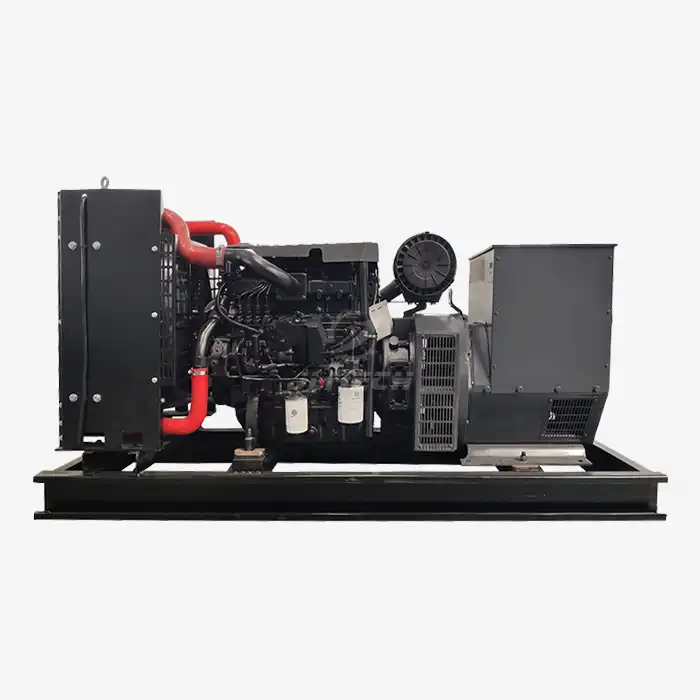 VIEW MORE60Hz industrial diesel generator
VIEW MORE60Hz industrial diesel generator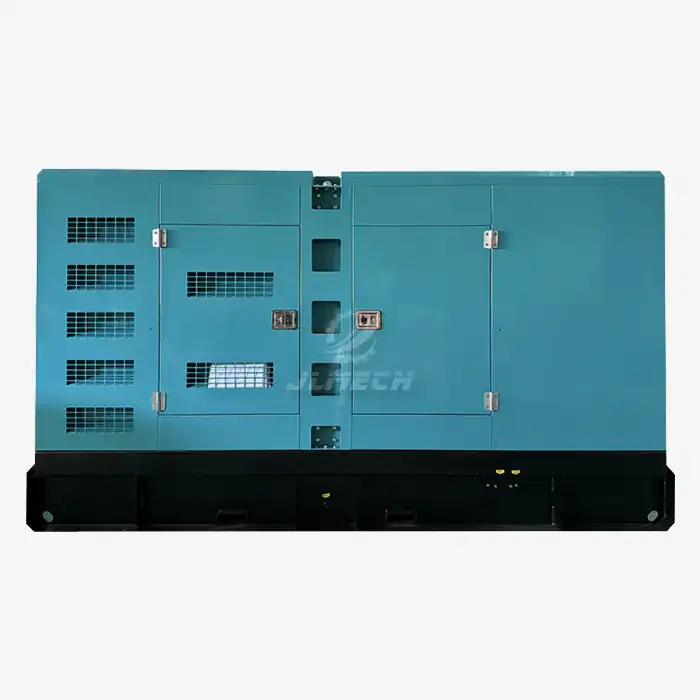 VIEW MORESilent 50kVA power generator
VIEW MORESilent 50kVA power generator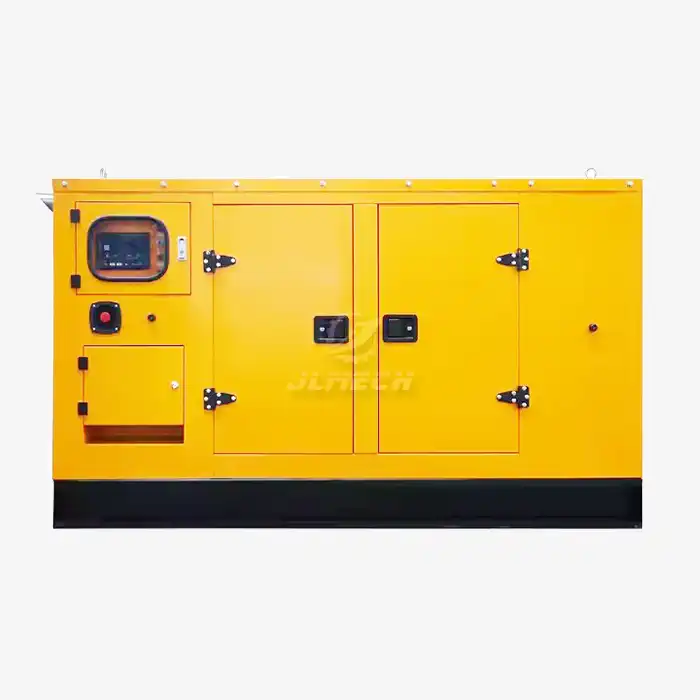 VIEW MOREElectric start diesel generator
VIEW MOREElectric start diesel generator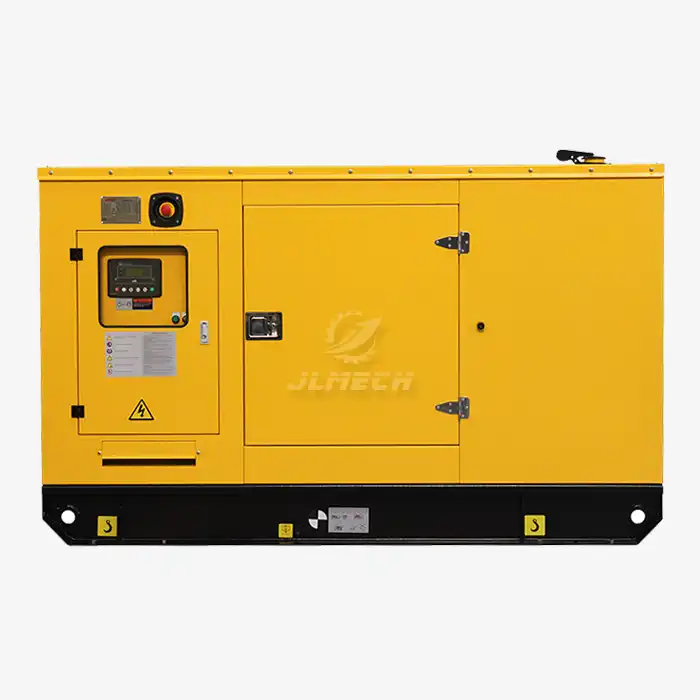 VIEW MOREElectric Silent Diesel Genset
VIEW MOREElectric Silent Diesel Genset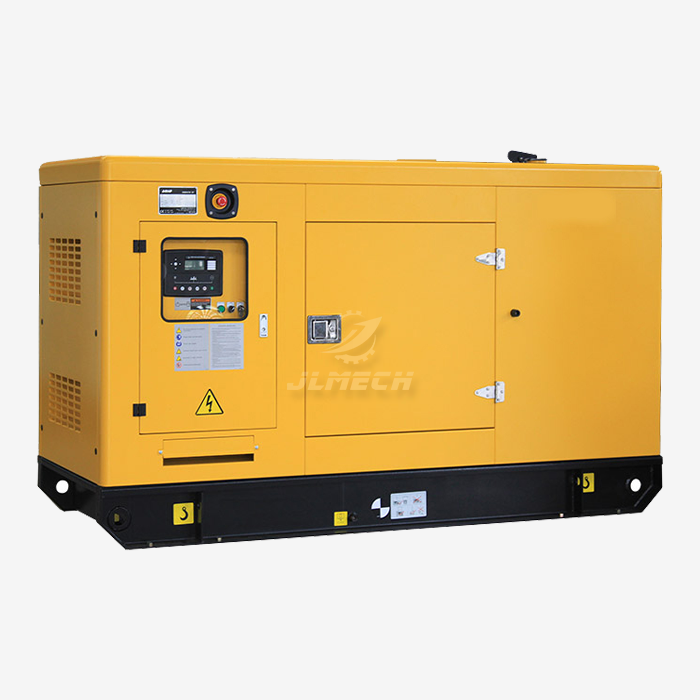 VIEW MOREVolvopenta diesel generator 20KW
VIEW MOREVolvopenta diesel generator 20KW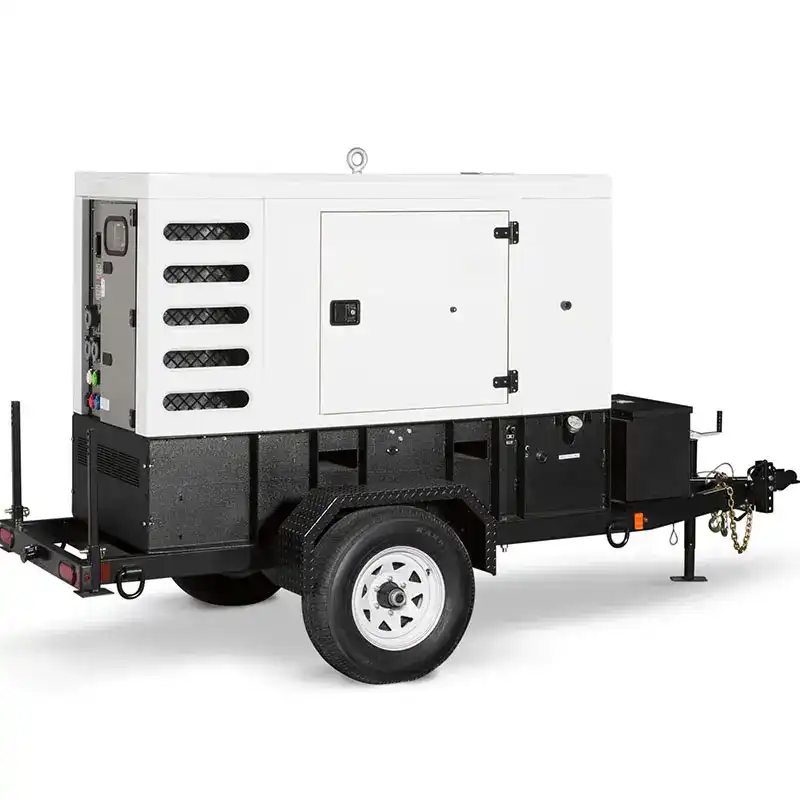 VIEW MOREdiesel driven generator
VIEW MOREdiesel driven generator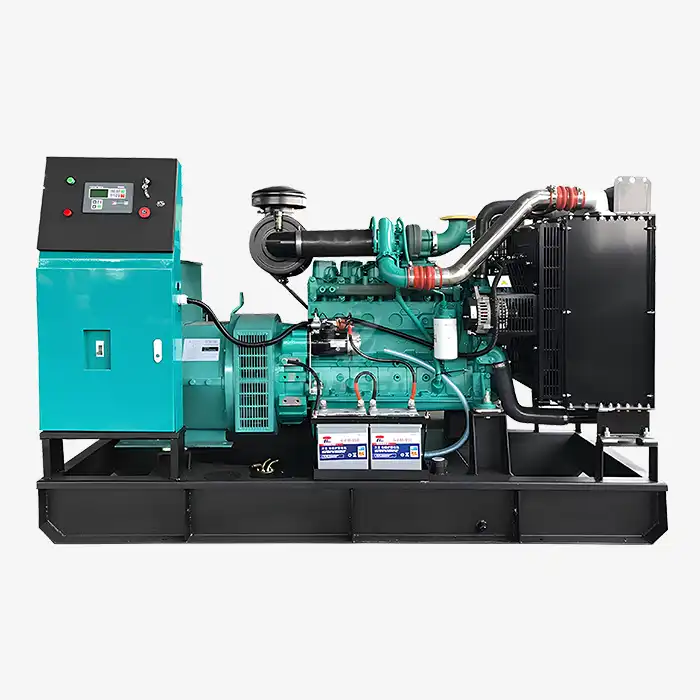 VIEW MOREpower generator diesel
VIEW MOREpower generator diesel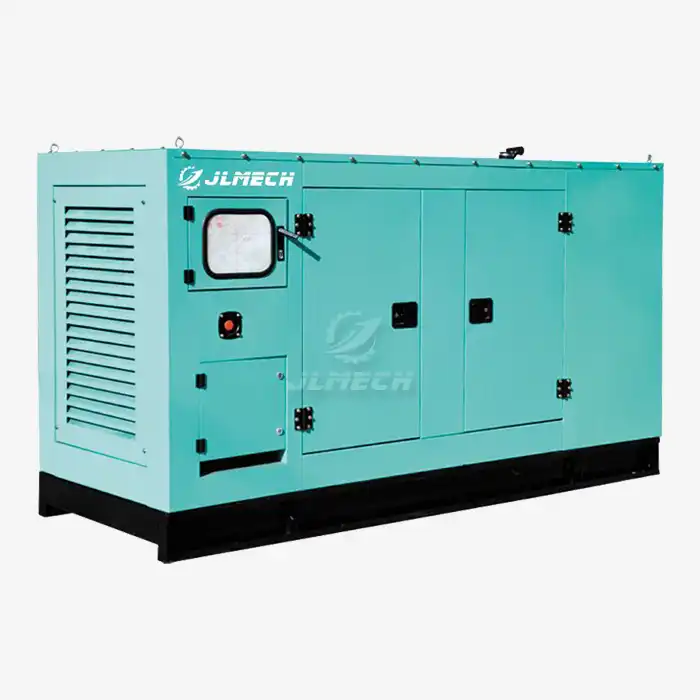 VIEW MORE35kva cummins diesel generator with silent enclosure
VIEW MORE35kva cummins diesel generator with silent enclosure



